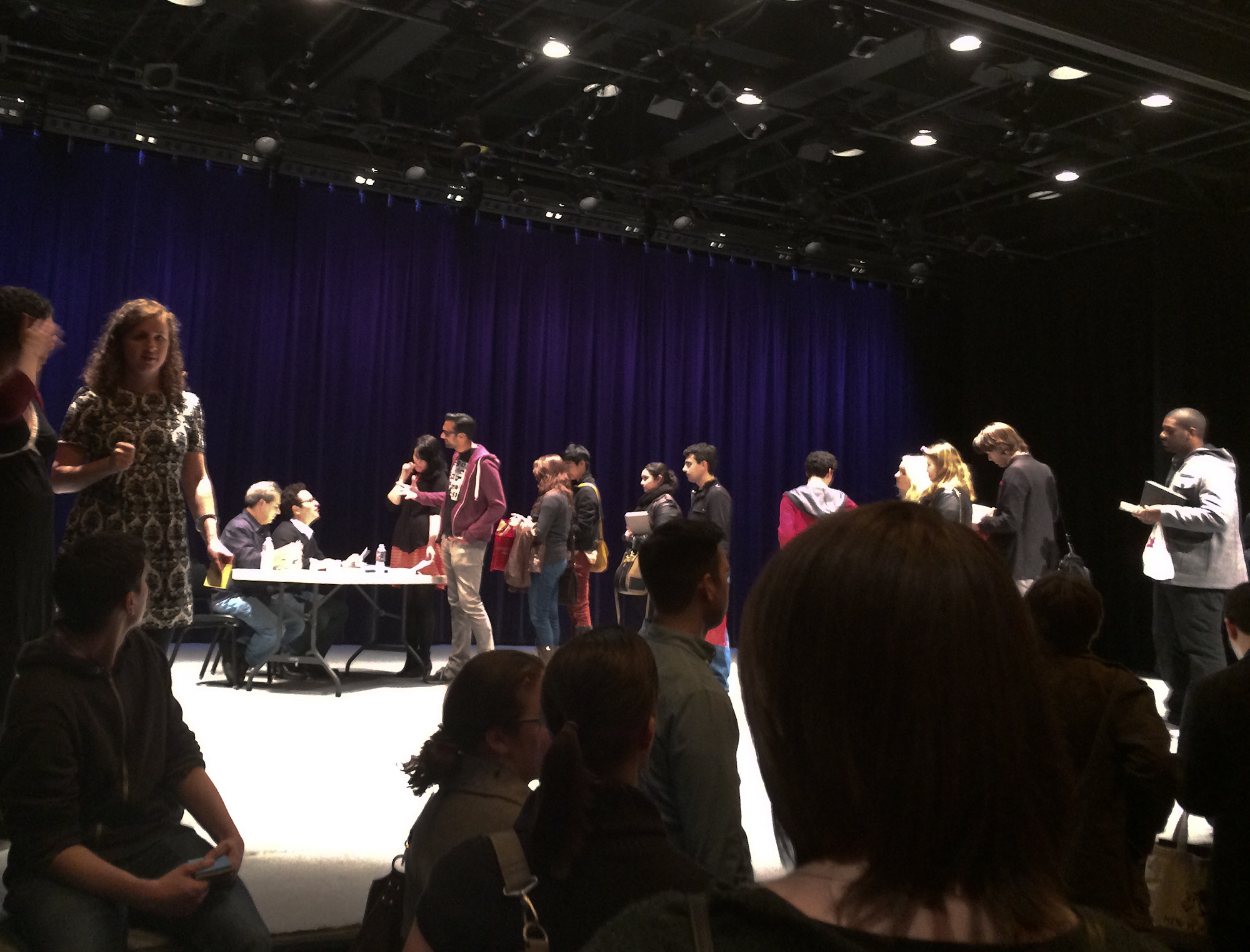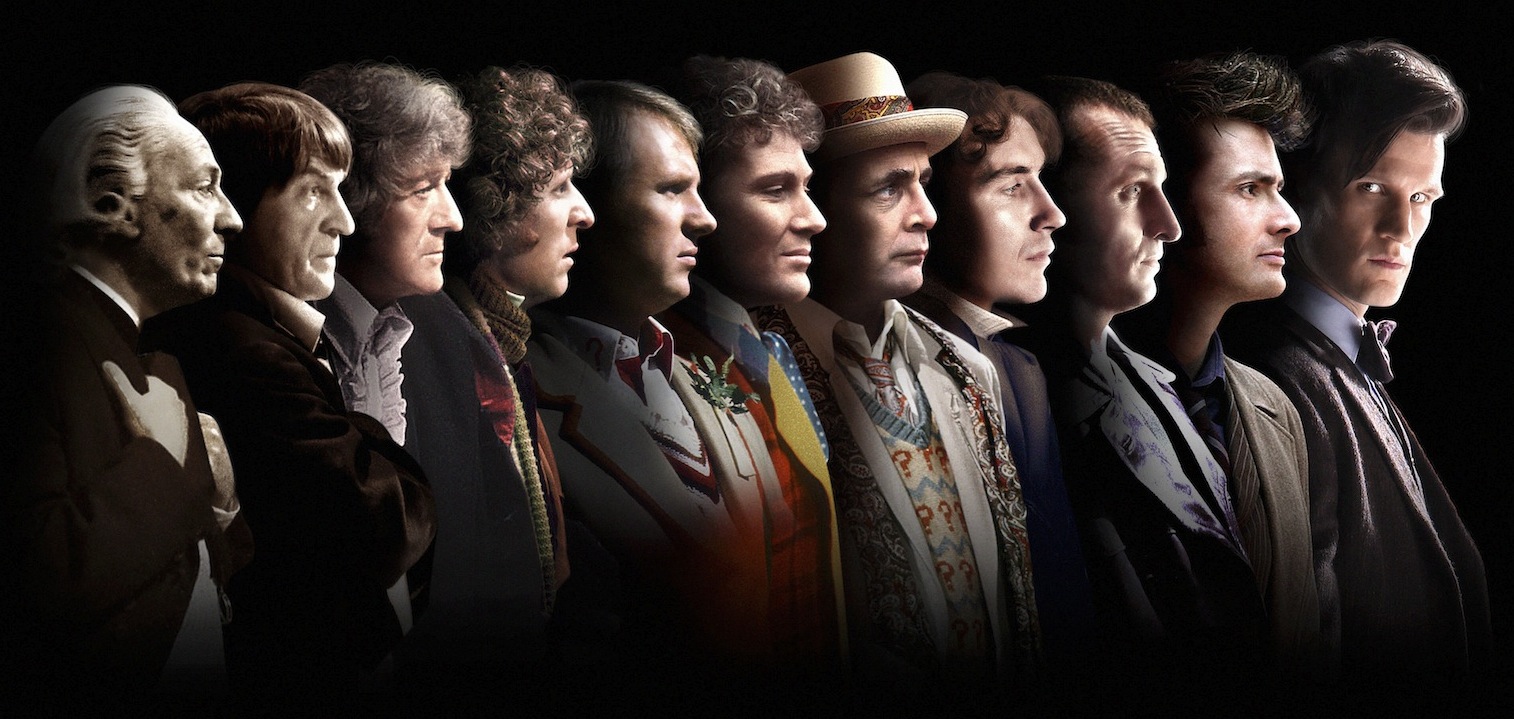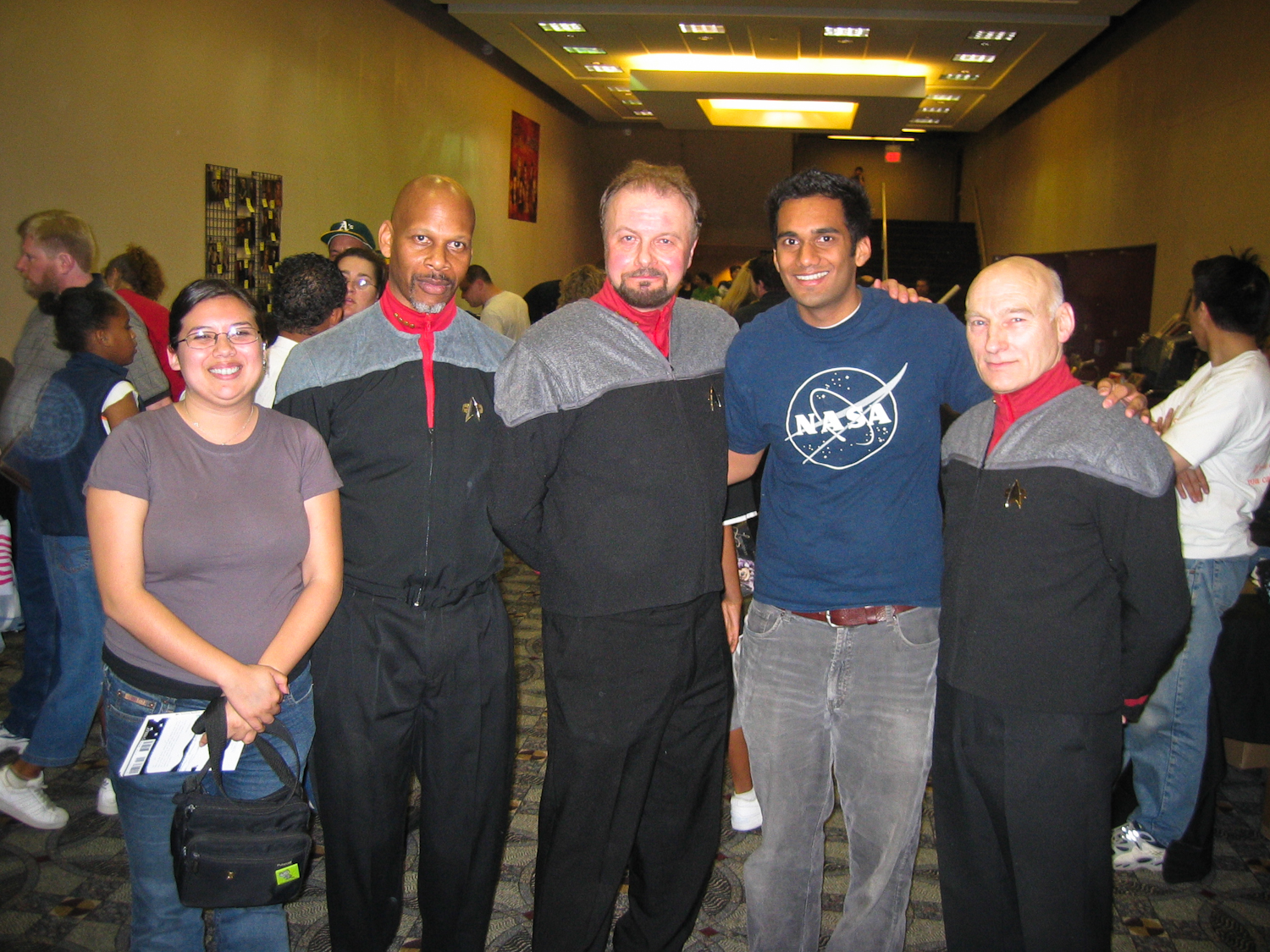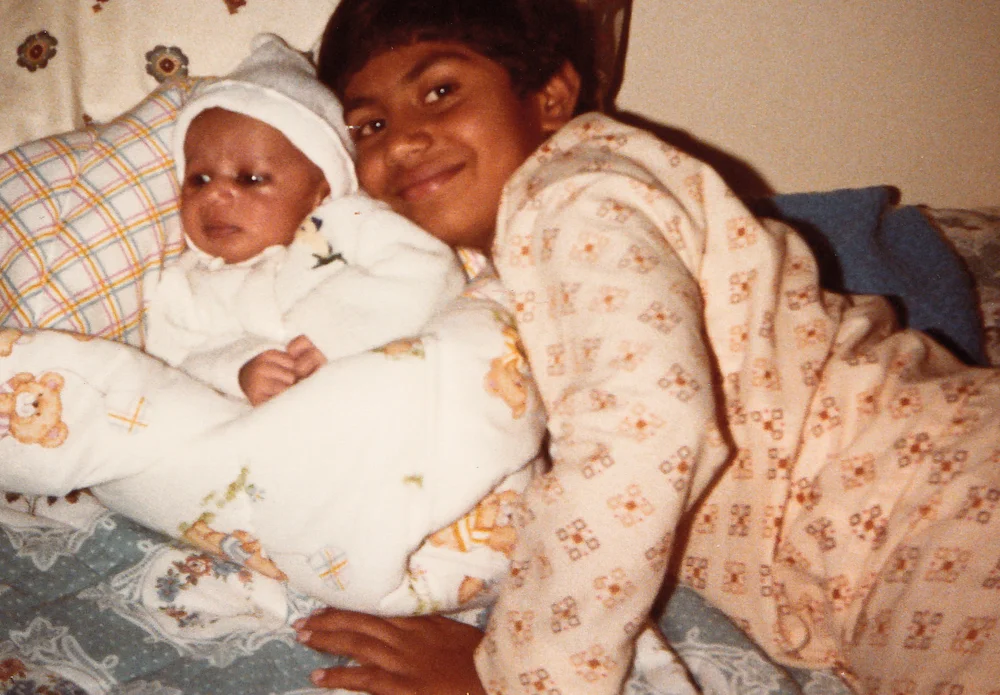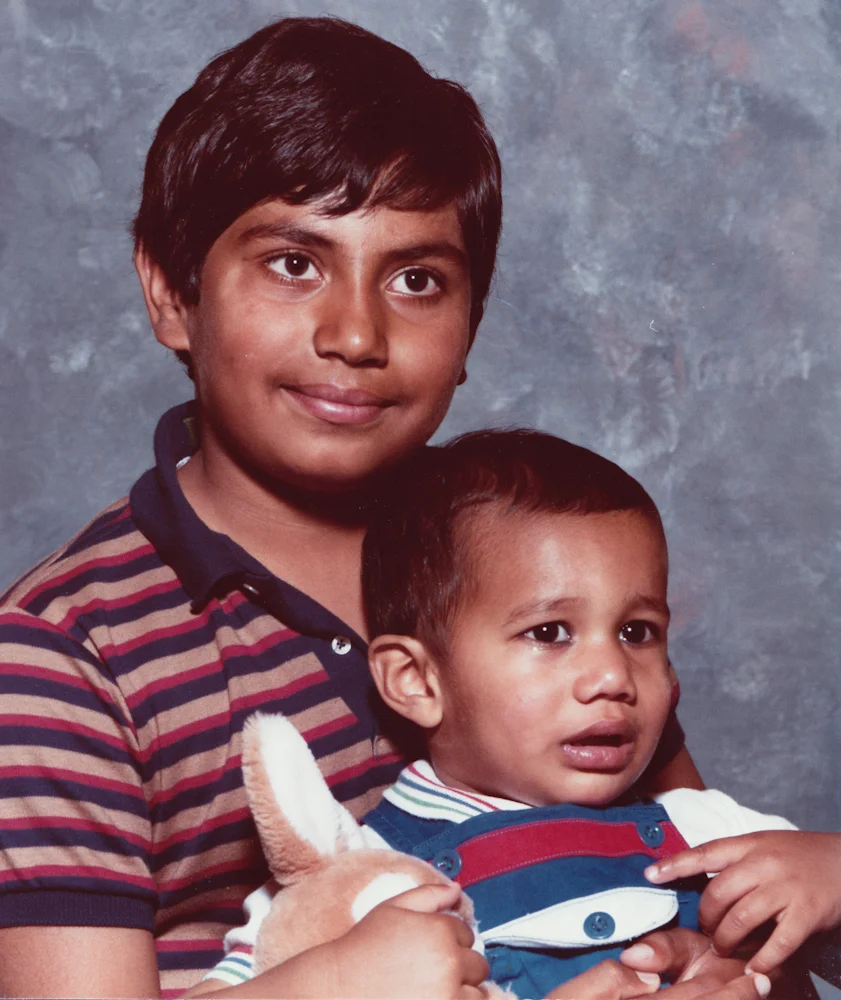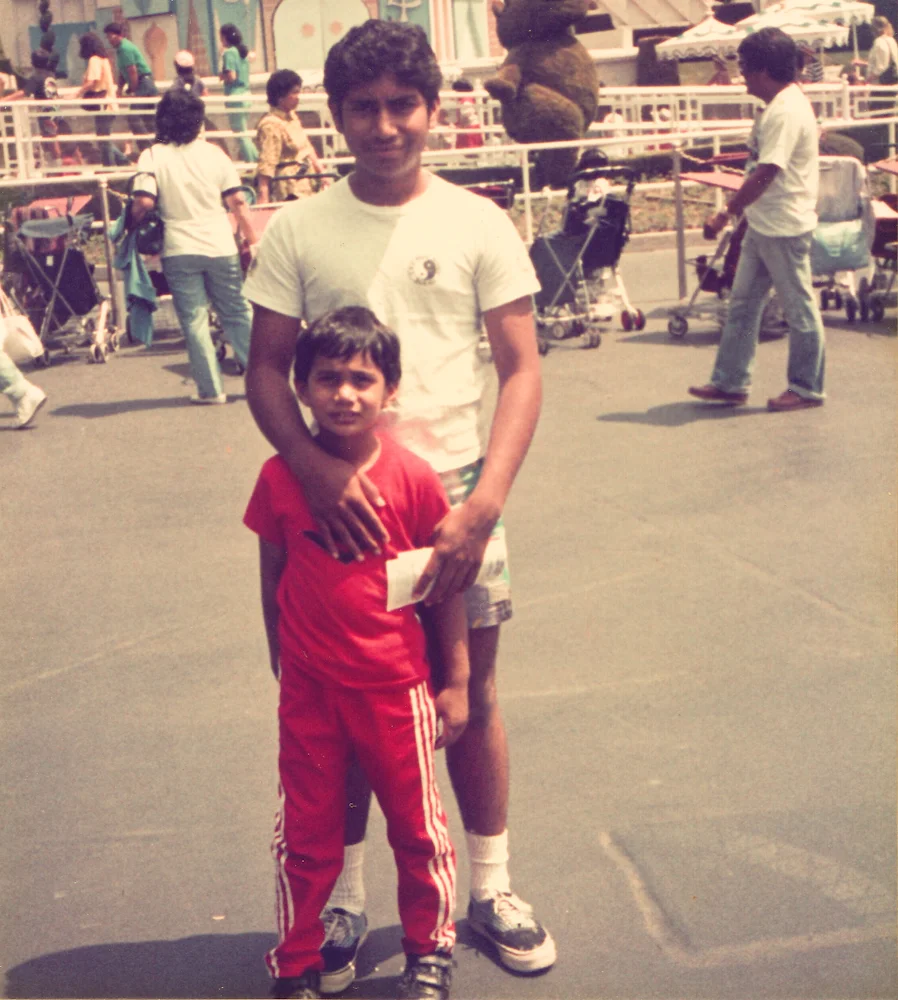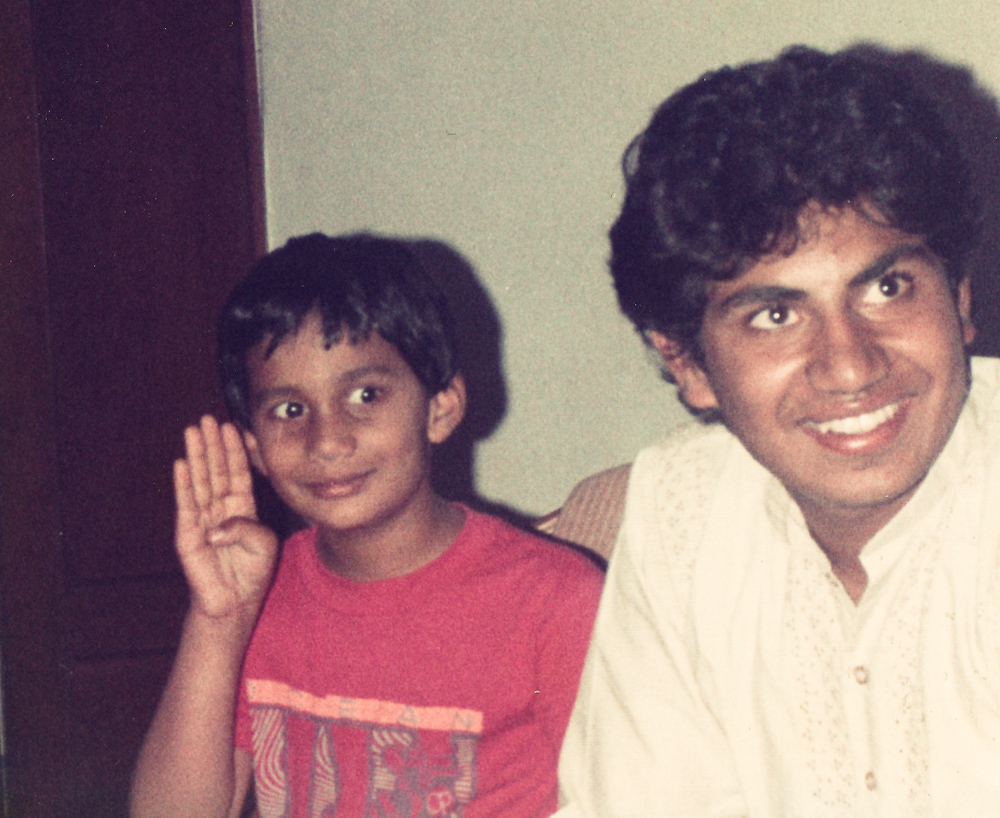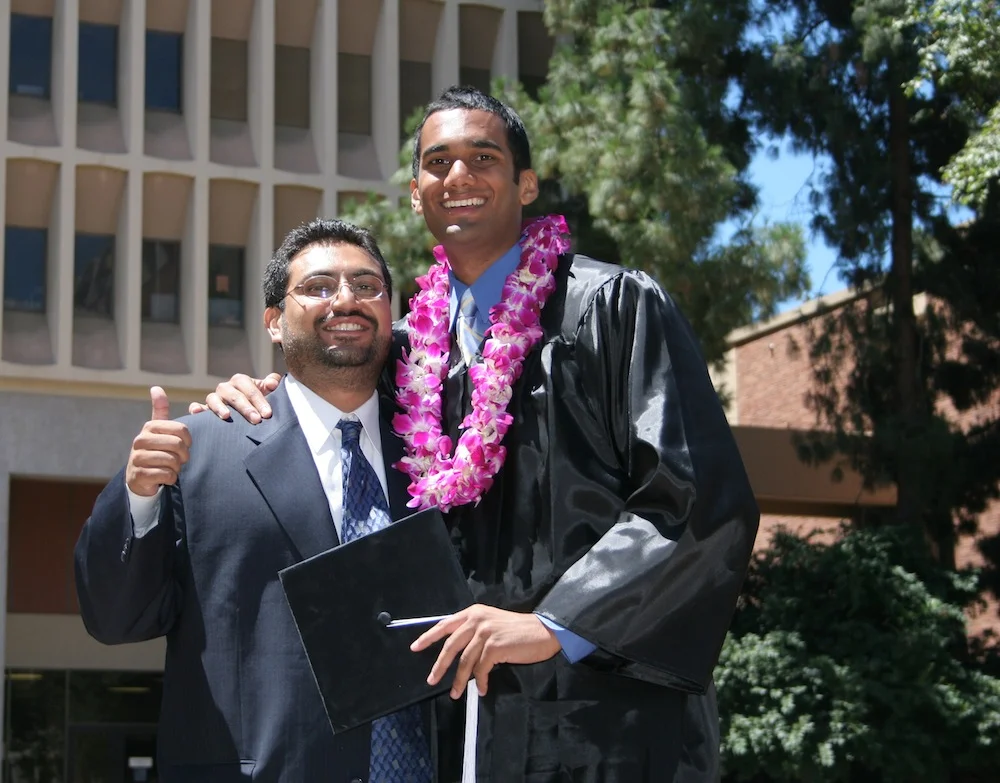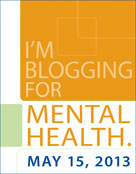I wasn't always this open about being a geek. For most of
my life, I tried to hide it. In middle school, I knew some kids who wore
Starfleet uniforms to class. When they were bullied for it, I stood by
silently. Back then, I probably watched as much Star Trek: The Next Generation after school as they did, but I
wanted nothing to do with them. They weren't cool and more than anything else, I
wanted to fit in.
It took me a long time to open up about being a geek. I
like to think it started with a conversation I had with Nhu-An in high school.
She’s now my fiancée, but back then we were just getting to know each other.
"What's your deepest fear Nhu-An?"
She didn't hesitate to respond.
"Not fulfilling my full potential in life. I think
about that a lot. What about you?"
"Oh wow...yeah that's a good one. For me, I have to say
spiders. I have to ask my mom to kill them anytime they're in my room."
It was easy to be myself around Nhu-An, but I hadn’t told
her about my love of sci-fi, technology, or comic books. In fact, I never told
anyone outside my family about these things. Six months into our relationship,
I was ready.
"Nhu-An, can we talk after school? There's something I
need to tell you."
"Is everything okay?!?" You could tell she was
worried.
"Yeah, I just need to get something off my chest."
I waited until after school, when everyone else had cleared
out. We walked around the campus a few times to make sure no one else would
hear what I had to say.
"Are you okay Ali? What’s wrong?"
"Yeah, everyone's okay, it's not like that. Well you
know how you know every line in Hello
Dolly? No one else knows this, but I'm the same way with Star Trek—I’m a
Trekkie."

